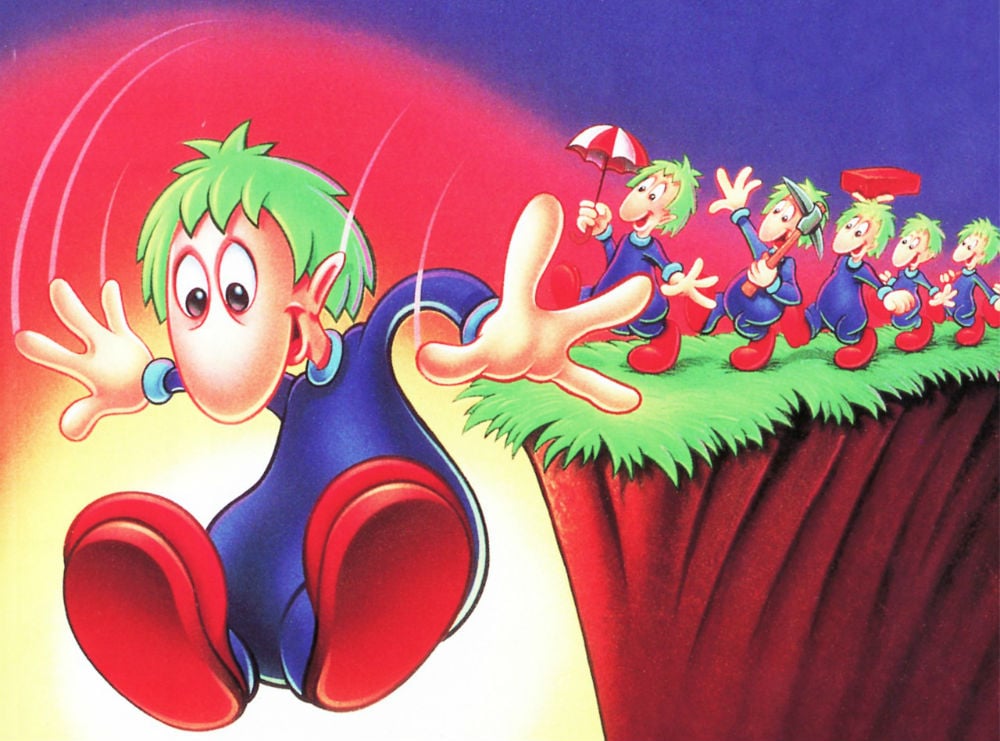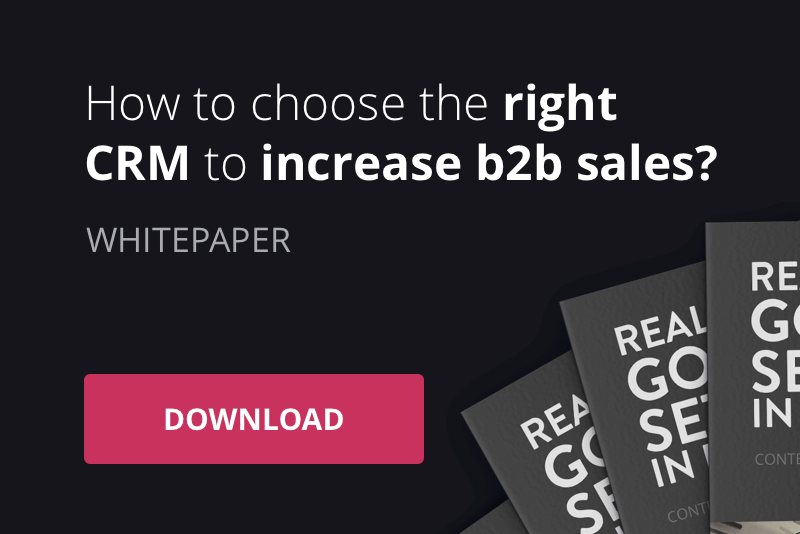
Is the bandwagon effect destroying your effectiveness?
What do fashion trends, U.S. elections, and your sales team have in common? They’re all influenced, for better and worse, by the bandwagon effect.
The bandwagon effect is a cognitive bias that causes humans to automatically prefer to take actions that they believe lots of other people are taking, regardless of the “logic” of those actions.
A famous episode of the once-popular show, Candid Camera, demonstrated the bandwagon effect in a humorous stunt. They recruited volunteers to stand in an elevator, facing the wrong direction but otherwise giving no indication that they were part of the scheme.
When unsuspecting strangers entered the elevator, a large percentage of them automatically conformed to the behavior of the others on the elevator–they jumped on the backward-facing bandwagon, despite having no further evidence that it was the “right” choice. In most cases, they didn’t even ask “why.” They simply conformed.
Later academic studies repeated the stunt in rigorously designed experiments, confirming the conclusion of the Candid Camera stunt: Most people, when surrounded by others facing the “wrong” direction, will, without any further evidence, turn around and face the wrong direction too.
Experts disagree on the reasons for the effect, but most likely it is a combination of a strong innate desire to be on the “winning” side (to not be wrong about which direction to face, for instance) and an equally strong innate desire to “fit in.” It may also be influenced by an unconscious belief that “if everyone else is doing it, it can’t be wrong.”
The bandwagon effect explains why certain fashions become trendy: Once enough people start wearing a particular fashion, more and more people “jump on the bandwagon” and it soon becomes “unfashionable” to do anything else.
Researchers have also tracked the effect in politics, especially in the U.S., where polling results on the East Coast become available before voting is finished on the West Coast. Early wins on the East Coast tend to favorably influence votes for the “winning” candidate on the West Coast.
How the bandwagon effect may be destroying your sales effectiveness (and what to do about it)
When unaddressed, the bandwagon effect can have a number of negative effects on your sales effectiveness. Your buyers may make bad decisions because “everyone else is doing it.” Your salespeople may pick up bad habits and behaviors because their colleagues are doing it. And you may make bad decisions because others in the industry are making that same decision–from how you manage your teams to how you structure your sales process to what tools and training you invest in.
Here are some of the problems the bandwagon effect can cause at each level of the organization, and what to do about it.
The bandwagon effect at the buyer level
One of the most obvious ways that the bandwagon effect impacts buyer behavior is in the tendency for them to feel safest purchasing from the “800-pound gorilla” in your industry.
This effect is capitalized on by brands who advertise with variations on “nobody ever got fired for buying from X” where “X” equals the best-known or largest provider in the market. Other brands capitalize on it with ads that tout their “#1” status in the industry, where “#1” equals “most often purchased.”
If you are competing against an 800-pound gorilla (like we are, for instance), this effect can work against you.
While some customers will fall prey to the bandwagon no matter what you do, the best defense, in this case, is a strong offense. Be up front with prospects, talk with them about the bandwagon effect. Challenge the status quo, and talk about why doing what everyone else is doing isn’t good for them.
In this and at other levels, it can also be effective to harness another cognitive bias called the “snob effect.” The snob effect is almost the opposite of the bandwagon effect. It’s the urge many humans have to stand out from the pack, to be exceptional. It can bias buyers toward purchasing something outside the norm and counteract to some degree the bandwagon effect.
Another way to harness the bandwagon effect is to make good use of client testimonials. Even if you’re not the most-purchased option available, you can trigger unconscious feelings of safety in numbers by sharing client success stories with prospects so they feel that they have a “bandwagon of success” to jump on in place of the “bandwagon of popularity.”
The bandwagon effect at the salesperson level
In addition to counteracting the negative impacts of the bandwagon effect at the buyer level, your salespeople have a second, equally important job to do: Becoming aware of and countering the negative impacts of their own tendency to jump on bandwagons.
This often manifests as salespeople copying what their colleagues are doing, even when those behaviors are not positive behaviors. This fact highlights the importance of a positive team culture. If your leading team members are engaging in lazy or negative behaviors, such as failing to report activities; inflating their pipelines; presenting a solution prematurely; or even lying or cheating… it’s likely that other team members will jump on the same bandwagon.
You can simultaneously counter and harness this effect by deliberately and consistently cultivating a positive sales culture. Identify the positive behaviors you expect from your team, and reward members publicly for meeting and exceeding those expectations. Hold up positive examples regularly as inspiration. Even if most of your team is engaging in negative behavior, by emphasizing the positive behaviors, you can trigger the bandwagon effect toward the positive by focusing more attention there.
The bandwagon effect at the manager and executive levels
Managers and executives are human too and, as such, equally subject to cognitive biases including the bandwagon effect. This can show up in similar ways to how it shows up for salespeople, with managers copying negative behaviors from other managers and leaders, and executives making decisions that are similar to the decisions other executives are making.
For instance, a couple of years ago a particular methodology became extremely popular and was adopted widely across the sales industry. Without debating the relative merits of the particular methodology in question, it’s safe to say that it was adopted in many cases without attention to whether it was actually the right methodology for that company, so much as the fact that it was popular at that time.
It also impacts the technology that organizations buy: From trendy “solutions” that actually add unnecessary complexity, to using the CRM that “everyone else” is using (you know the one), these bandwagon-influenced decisions can have long-lasting and devastating results for the organization’s sales effectiveness.
You can counter the bandwagon effect first by being aware of it. Think critically about the decisions you and your managers make. Challenge the idea that just because something is popular or well-established, that it’s the right choice for you.
You can also harness the “snob effect” to your advantage. Once you’re aware of your innate human tendency to want to follow the crowd, you can choose to focus your attention on your equally innate human tendency to want to stand out from the crowd.
As I’ve written about recently, I call this “going upstream.” It means looking at what everyone else is doing and realizing that choosing the most popular option at best will lead to average results. It means that choosing more carefully, and selecting options that give you a competitive advantage, are critical to developing a sales organization that leads the pack instead of merely pacing with it.
I wouldn’t be a very good salesperson if I didn’t mention that our product, the Membrain platform, is better than the 800-pound gorilla CRM most companies are buying right now.
I would really like an opportunity to show you how it can help you stop “facing backwards” like everyone else, and start leading the pack.

By George Brontén
George is the founder & CEO of Membrain, the Sales Enablement CRM that makes it easy to execute your sales strategy. A life-long entrepreneur with 20 years of experience in the software space and a passion for sales and marketing. With the life motto "Don't settle for mainstream", he is always looking for new ways to achieve improved business results using innovative software, skills, and processes. George is also the author of the book Stop Killing Deals and the host of the Stop Killing Deals webinar and podcast series.
Find out more about George Brontén on LinkedIn








